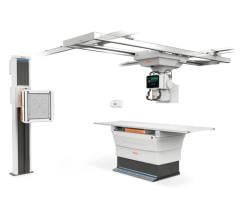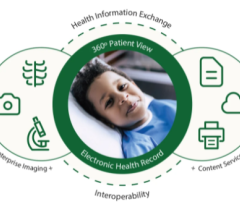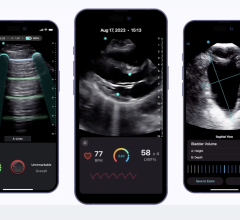
October 16, 2009 - Agfa Healthcare will show how it image-enables the EHR with IMPAX Data Center, at the 95th annual RSNA meeting, Nov. 29-Dec. 4, in Chicago.
IMPAX Data Center serves a key role in creating a longitudinal image enabled electronic medical record (EMR) or regional electronic health record (EHR), bringing the last major information space - imaging - into a unified, tightly integrated and centrally managed system.
Agfa HealthCare’s IMPAX Data Center provides large-scale multimedia storage for all types of standards-based DICOM 3.0 medical images and diagnostic results for hospital groups, regional healthcare organizations and national medical archives. The solution consolidates imaging data from disparate systems into a single point of storage and distribution via the EHR, to help improve and speed decision-making. Through enterprise-wide and vendor-neutral image management services, Agfa HealthCare gives diagnosticians the freedom to select tools and offers clinicians comprehensive, 24/7 access to images and results and enhance image-focused communications among interdisciplinary care teams.
• IMPAX Mobility Enterprise Visualization - IMPAX Mobility is Agfa HealthCare’s enterprise clinical imaging visualization system built for true ubiquitous access to a patient’s longitudinal imaging record held in IMPAX Data Center. IMPAX Mobility is easily integrated with the EMR, providing seamless user access from the patient clinical record to the patient clinical imaging record.
• IMPAX Data Center Viewer, powered by XERO - A work-in-progress viewer technology that will address one of the most common issues facing healthcare providers today: the task of delivering images and information to caregivers across a wide range of technical and physical barriers. IMPAX Data Center Viewer, powered by XERO, is a zero-download medical imaging viewer developed to provide access to imaging information for clinicians at any point of care regardless of network constraints and/or the wide variance of platforms and administrative rules that can be so problematic for typical viewers.
For more information: www.agfa.com


 June 28, 2024
June 28, 2024 








